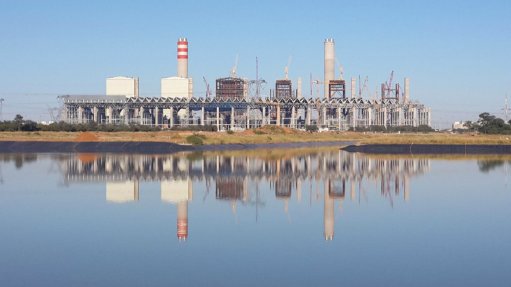
Medupi power station
With both the African water and energy sectors being under high levels of stress, while being pressured by climate change, the water–energy nexus has become a key uncertainty on the continent.
“It is necessary for [countries] to zoom in on the relationship, linkages and interaction between these two critical sectors,” Global Water Partnership Africa senior programme officer Andrew Takawira told delegates at the African Energy Indaba, in Sandton, on Wednesday.
“We live in a resource-constrained environment,” he noted.
“We need to address social equity, [so] that we ensure economic efficiency and water resource management; [and] we need to assist existing institutions to promote cross-sectoral planning [and] quantify trade-offs, as well as look at the environmental integrity of the [systems that are in place],” he added.
Also speaking at the event, Department of Science and Technology (DST) director-general Phil Mjwara said countries needed to think about the impact if the water–energy nexus was not managed properly.
He added that in addressing this nexus there were a number of challenges. Citing a US study, Mjwara said that about 39% of water in the US was used for thermal coal-fired power stations. “Although a lot of the water is recovered, about 20% is lost. The water demand for coal-fired power plants [also] competes with other areas that need water [such as] agriculture [and municipal supply],” he noted.
“We have a reason, at global level, to move towards investing in energy technologies that require minimum water. We should not forget that, on the African continent, there are a number of countries that are generating energy from water,” he said.
Mjwara said the DST was working on a number of initiatives to drive South Africa toward introducing technologies that would positively impact this water–energy relationship. He cited the Medupi power station, which was implementing dry-cooling methods to reduce water use, as a prime example.
“We hope that the experiment will be successful and that it will pave the way for other [electricity generators] to use dry-cooling to reduce water in the production of electricity,” he said.
He added that the department was also looking into ways of reducing water use in the sanitation sector, as well as the introduction of fuel cells to reduce the demand on energy supply.